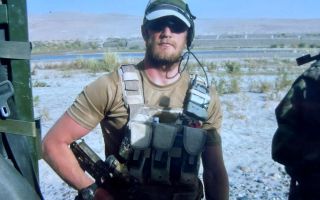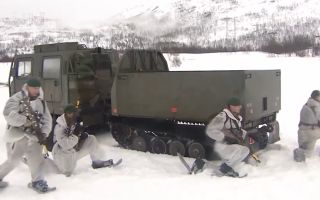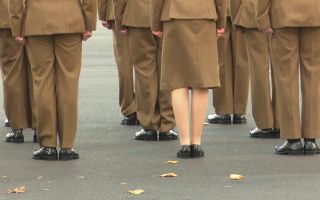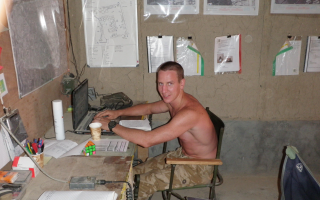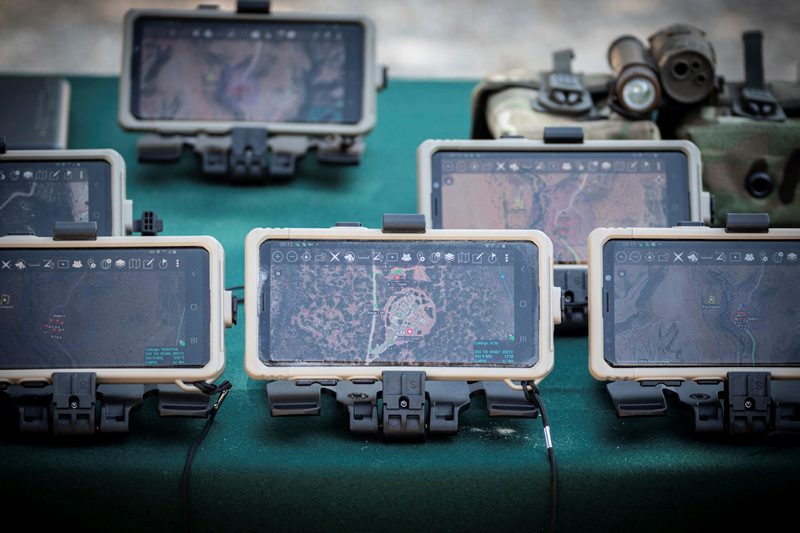
Sitrep: Russia's electronic warfare tactics 'a wake-up call' for UK forces

A leading military expert has said Russia's use of electronic warfare methods should give the British military a "very good wake-up call".
Recently, the GPS location systems on a jet carrying the Defence Secretary were jammed as the plane was flying close to Kaliningrad - a Russian enclave on the Black Sea between Poland and Lithuania.
We spoke to Dr Melanie Garson, Associate Professor of International Security at University College London, on the Sitrep podcast, which analyses the top defence stories of the week and is available wherever you get your podcasts.
She said the incident was "quite a clear indication of Russia trying to… push on the boundaries of demonstrating its electronic warfare capability and… show some power in this regard".
"Russia particularly has previously had an edge on this and they have necessity," she said.
"The mother of invention over the last two years during the war have actually actively solidified their capabilities in this regard.
"They've had the chance to use it more concretely and there's a real concern that, particularly Nato, currently doesn't match that capability."
Sitrep's resident defence expert Professor Mike Clarke said the reason the RAF Envoy VIP jet carrying Grant Shapps was affected was because it doesn't have an electric countermeasure suite due to cost-saving.
He also said, whilst the incident with Mr Shapps wasn't serious, "clearly the Russians are playing games and they are affecting civilian traffic as much as military traffic when they do this".
Prof Clarke said it is a warning to the UK Armed Forces as, with reliance on GPS systems consistently increasing, the military must ensure their back-up systems are resilient and reliable.
This includes the use of a map, compass and pencil, with those skills still given to personnel across the military.
"The forces training is always based on the idea that GPS or the other elements of modern communication technologies may go down," he said.
"So there is always a backup method. The question is how well do they use them?
"I think events like this, the Grant Shapps event, let's call it, I think should be a wake up call to the forces to look again at how good their backup systems and resilience training is because it's absolutely vital.
"They start from the principle that in warfare things will go wrong and we're moving from a system or an idea where we engage in operations.
"We've spent 30 years doing operations, usually against opponents who are not nearly as technically clever as we are and we're now moving towards having to get ourselves ready for war, fighting against an opponent who is a peer of ours.
"That means that we've got to re-examine all of the ways in which things will go wrong, probably in quite extensive ways once operations start.
"We hope they don't, but they might.
"That's what the military has got to re-examine and little incidents like this… I think are a very good wake-up call to the military to think carefully about real operational resilience."


